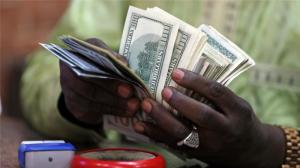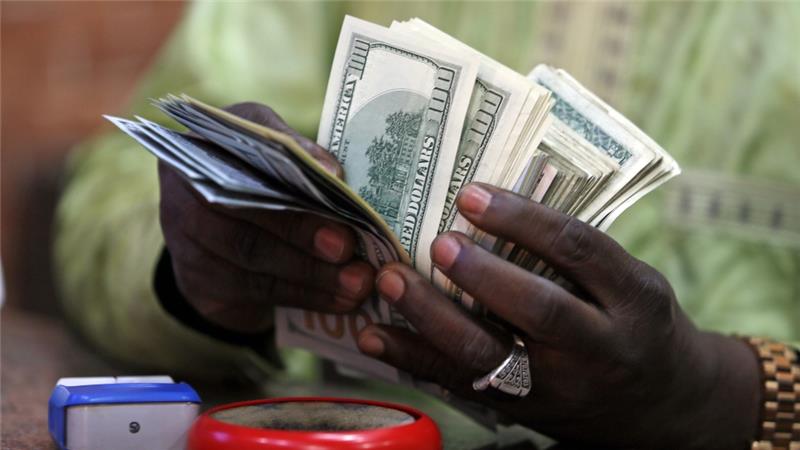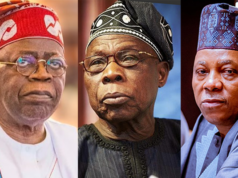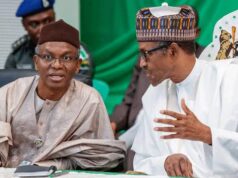 Africa’s biggest economy faces “revenue challenges” that have affected expenditure, finance minister says.
Africa’s biggest economy faces “revenue challenges” that have affected expenditure, finance minister says.
Africa’s richest economy is borrowing money to pay salaries as it struggles through a “difficult cash crunch” brought on by halved oil prices, Nigeria’s finance minister revealed.
The news comes as Nigeria prepares to welcome a new government at the end of this month and the country’s naira currency remains in a slump, hovering between 180 and 220 to the US dollar. It was trading at 160 a few months ago.
Minister Ngozi Okonjo-Iweala tried to be upbeat in a speech on Tuesday after lawmakers approved the 2015 budget – revised three times because of slashed oil prices that provide 80 percent of revenue for the government of Africa’s biggest petroleum producer.
She said “revenue challenges” had prohibited the release of any funds for capital expenditure this year but that food prices and single-digit inflation remained quite stable. And she said the economy still was on course to grow 4.8 percent this year.
“We have front-loaded the borrowing programme to manage the cash crunch,” Okonjo-Iweala told lawmakers.
“Out of the 882 billion naira budgetary provision for borrowing, the government has borrowed 473 billion naira to meet up with recurrent expenditure, including salaries and overheads.”
That is bad news for the incoming government of President-elect Muhammadu Buhari, who takes over on May 29 from incumbent Goodluck Jonathan.
Buhari acknowledges that constricted revenue and endemic corruption threaten his will to deliver on development and reconstruction of areas devastated by a nearly 6-year-old rebel uprising in the northeast.
He says his fight against corruption should produce the money needed to bring change to a country where oil proceeds benefit a small clique while the majority of the 170 million people in Africa’s most populous nation live hand to mouth.
Critics blame the financial crisis in part on the most expensive election ever held in Nigeria, though no one knows how much politicians from both sides spent during their campaigns.







